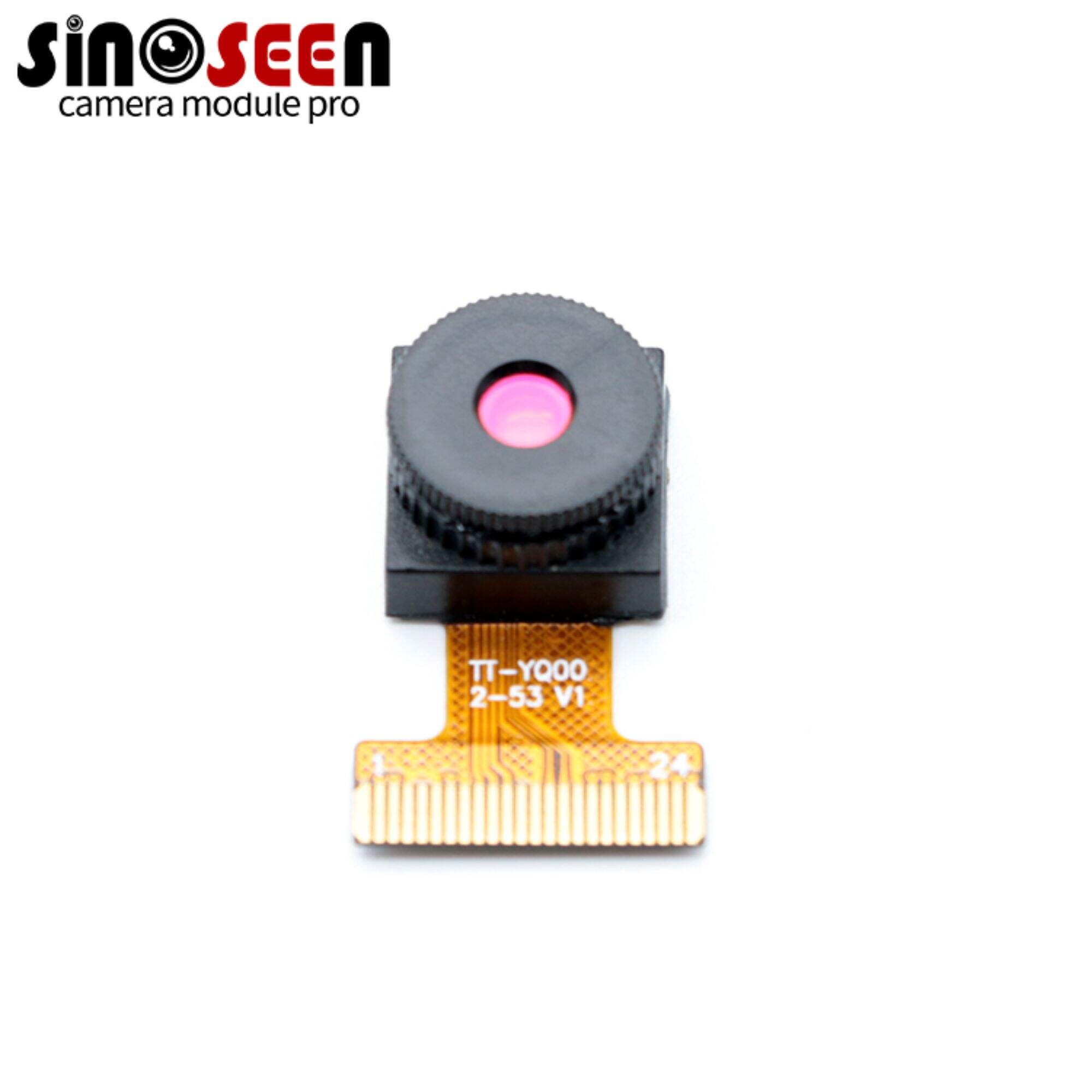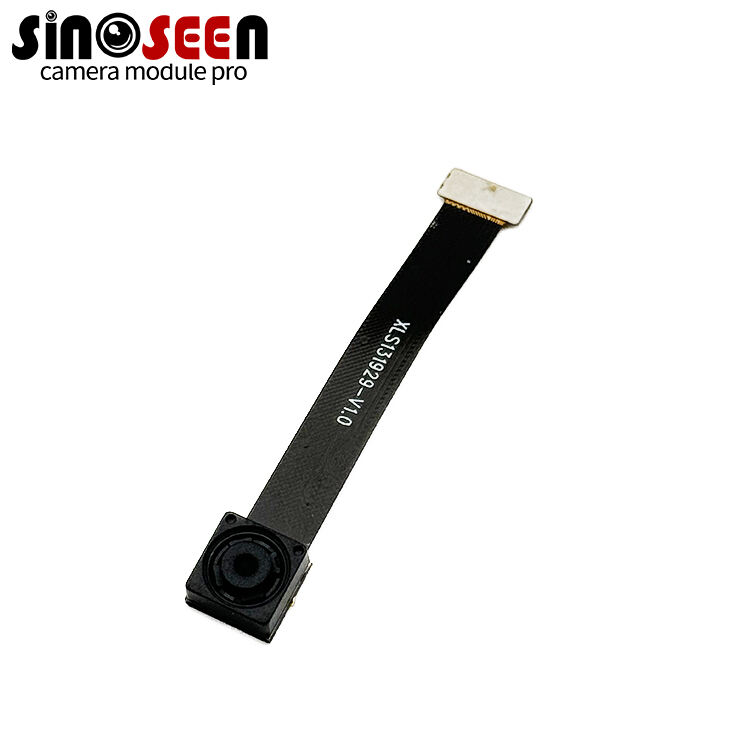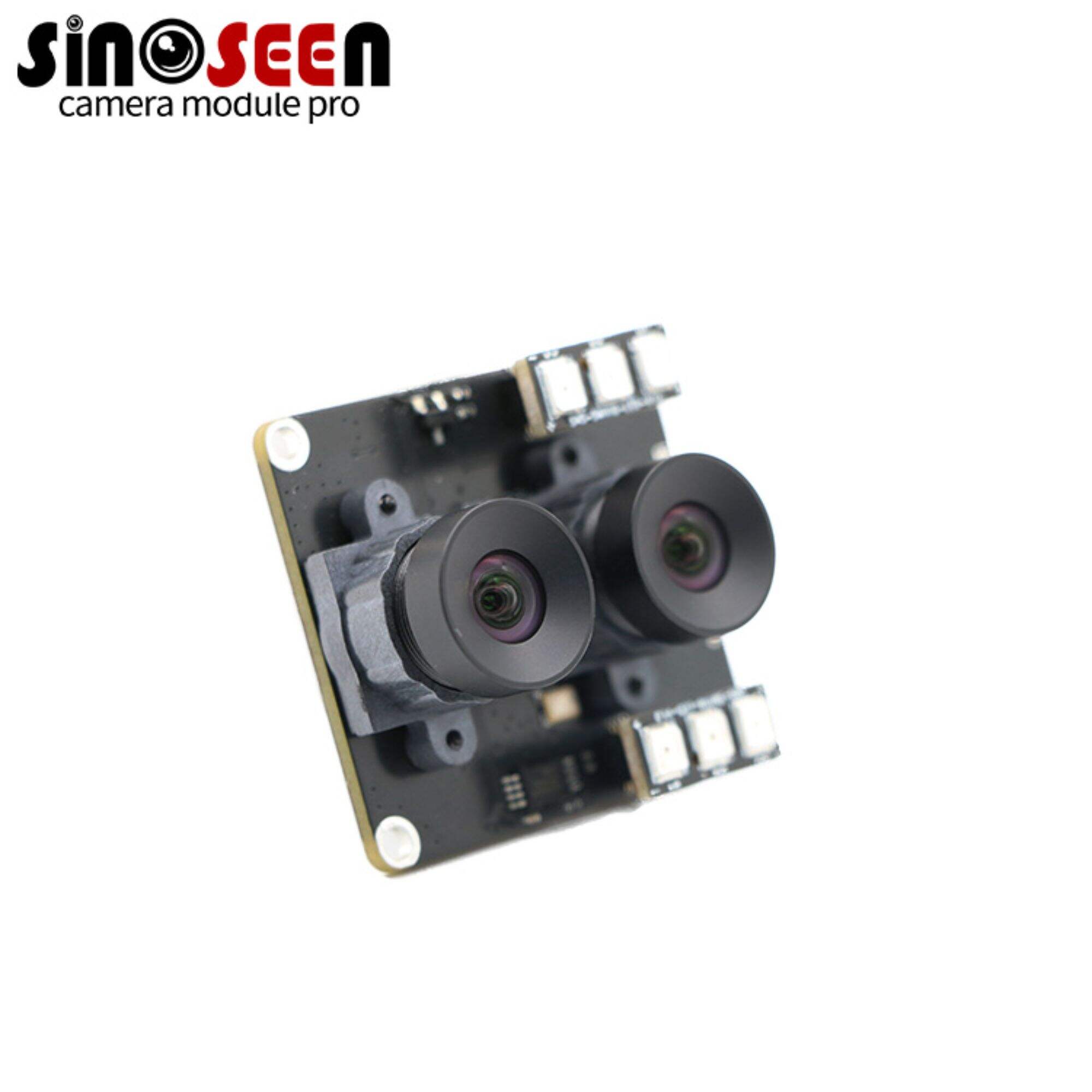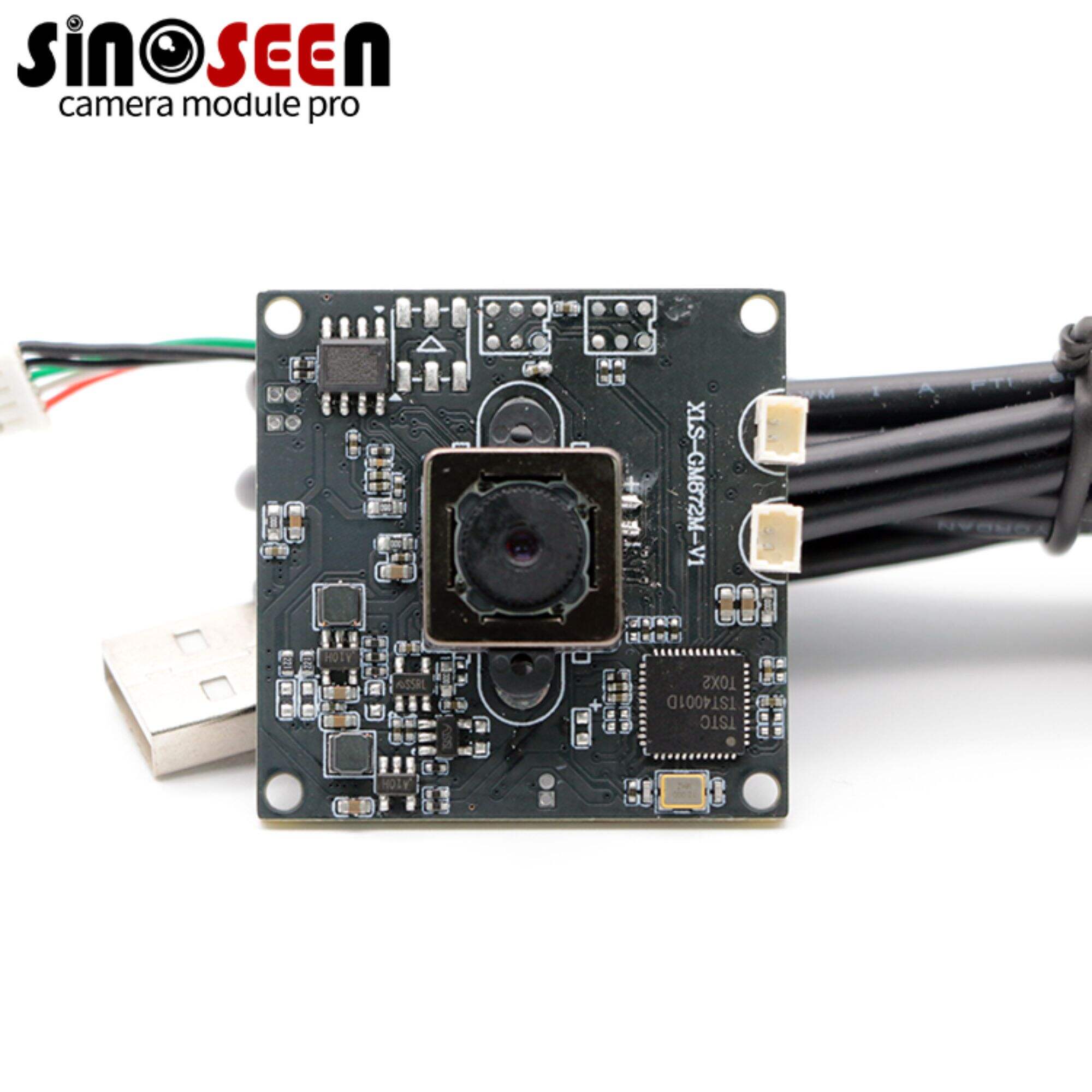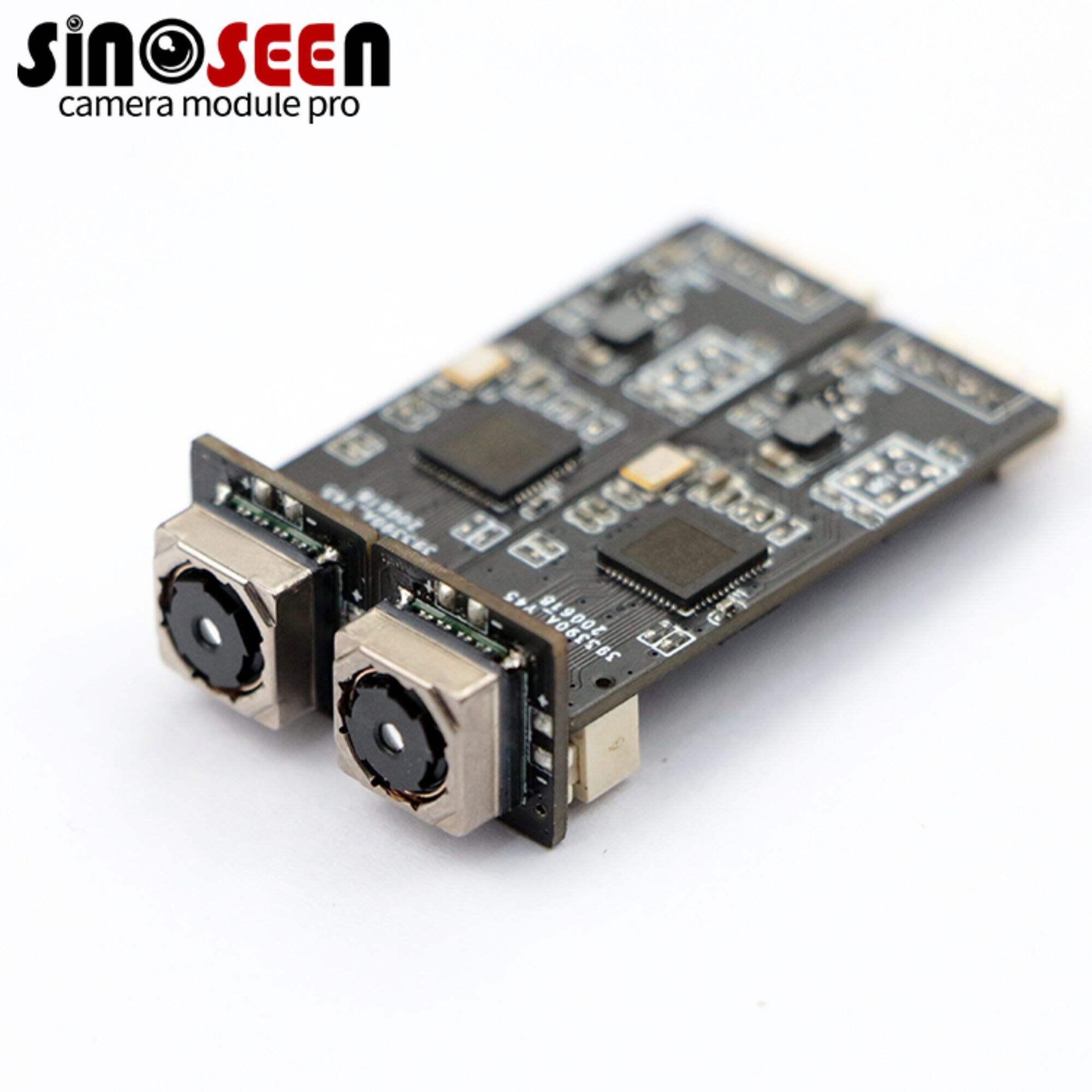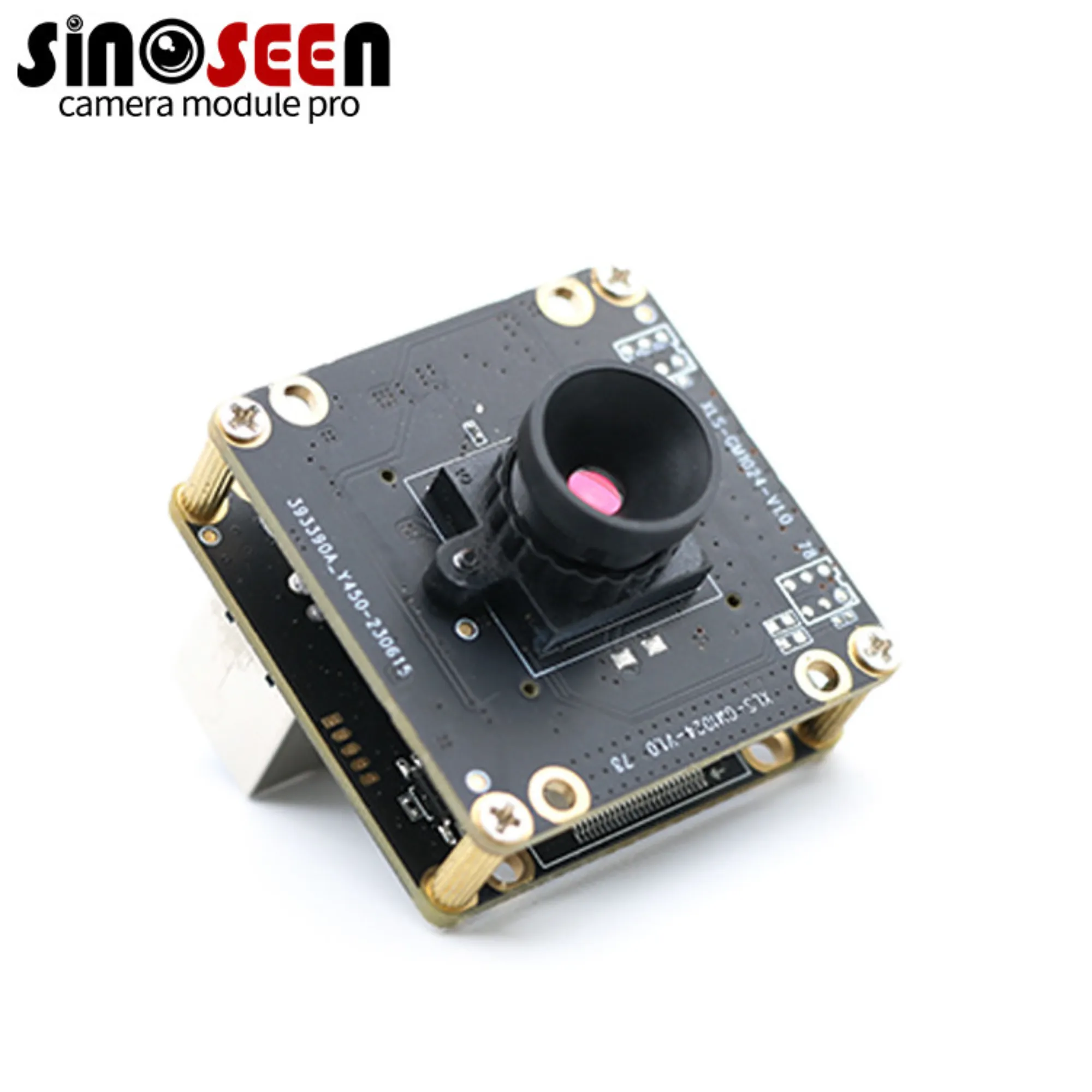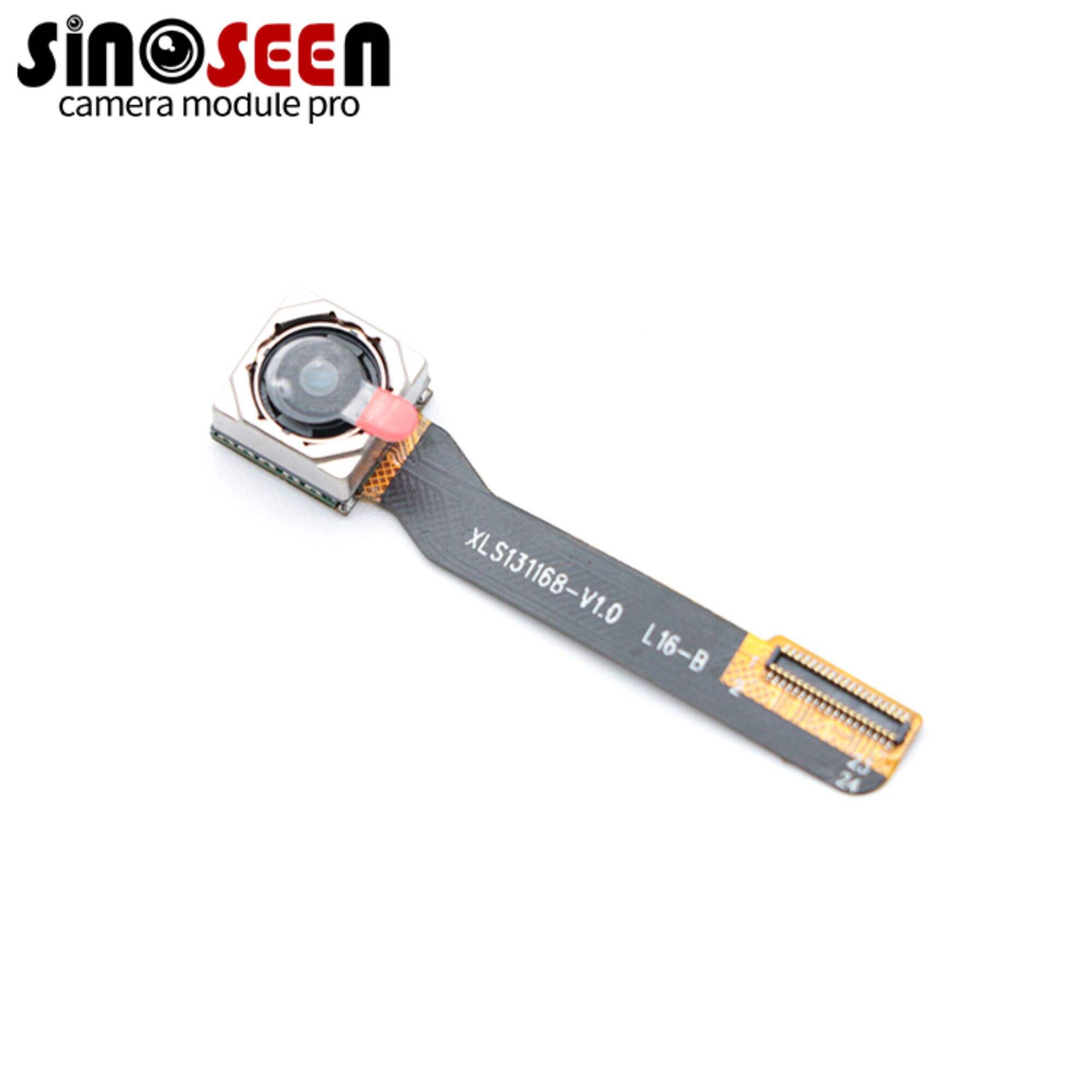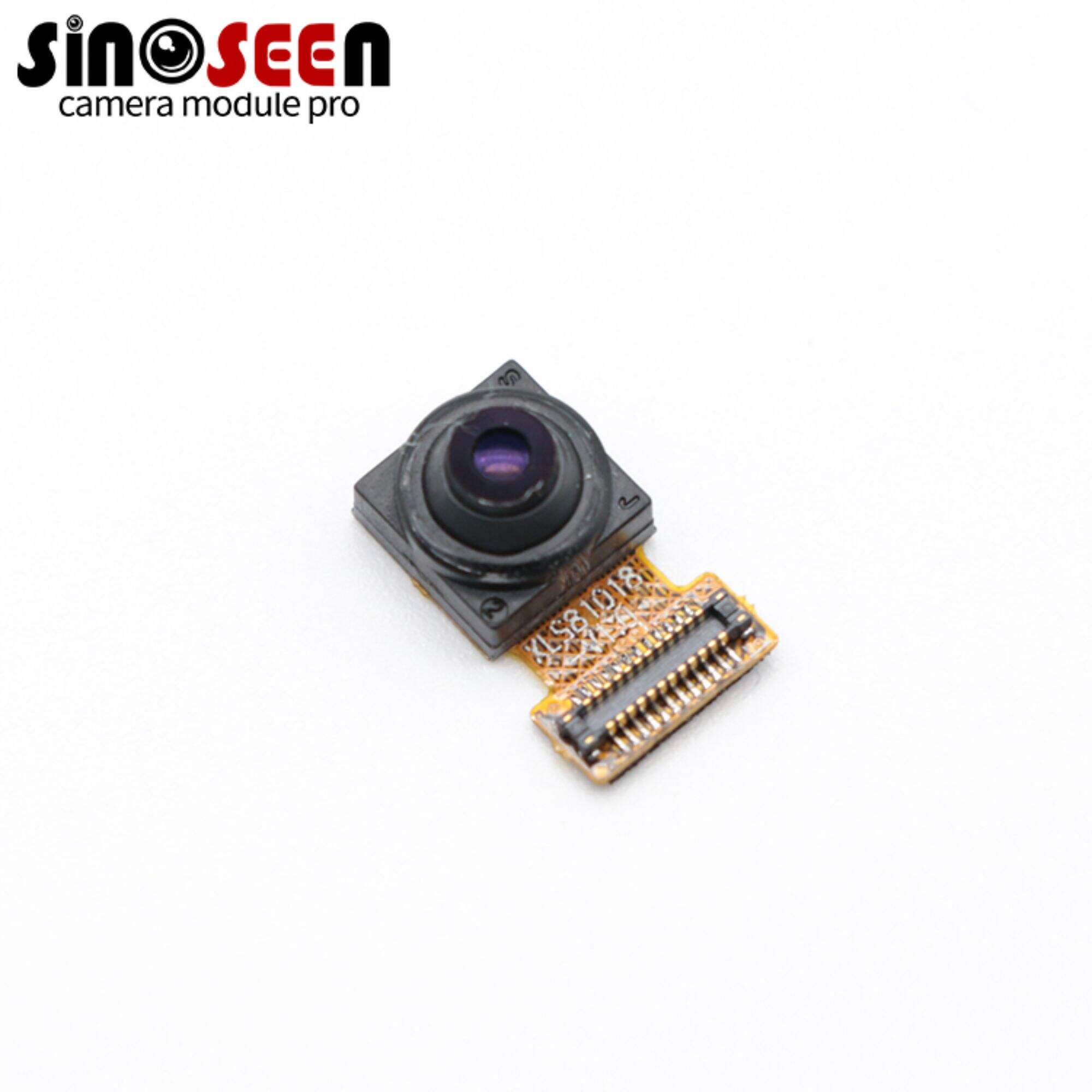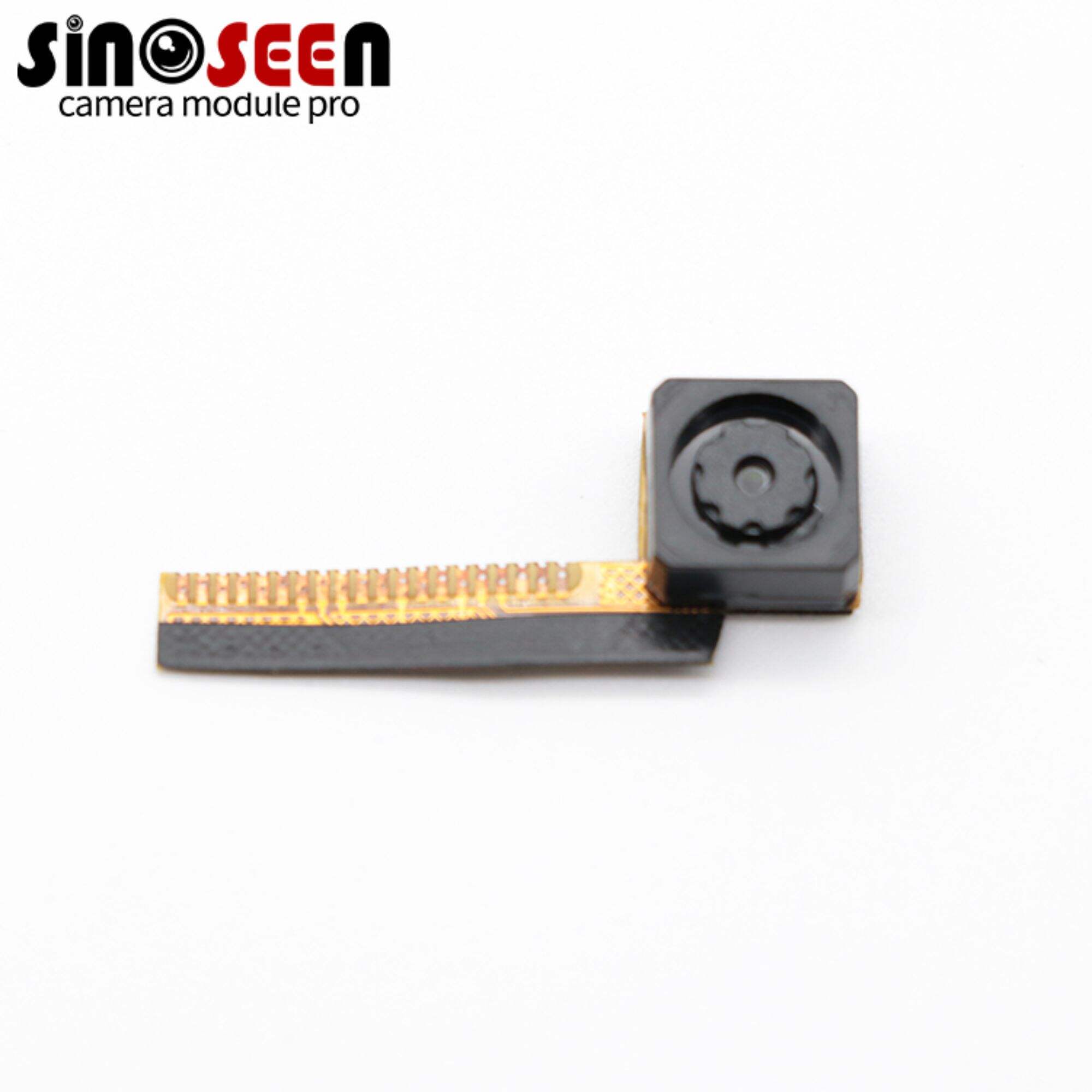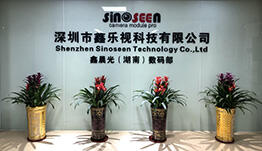Lựa chọn Nhà sản xuất Ống kính Máy ảnh Tốt nhất Top10: Hướng dẫn của Kỹ sư về Chất lượng Quang học Xuất sắc
TRONG thị giác nhúng , a mô-đun camera hiệu năng phụ thuộc không kém vào thấu kính như vào cảm biến hình ảnh . Việc lựa chọn đúng nhà sản xuất Ống kính Máy ảnh chất lượng hình ảnh vượt trội chất lượng hình ảnh và độ tin cậy của hệ thống. Đối với các kỹ sư, việc hiểu rõ lĩnh vực quang học nghĩa là biết được ai sản xuất những ống kính tốt nhất thế giới , xác định được thương hiệu ống kính máy ảnh tốt nhất thế giới phù hợp với nhu cầu cụ thể, và khám phá 10 Nhà sản xuất Ống kính Máy ảnh Hàng đầu Thế giới đẩy mạnh đổi mới. Bài viết này hướng dẫn bạn qua những cân nhắc quan trọng cho dự án tiếp theo của bạn.
Ai là người sản xuất những ống kính tốt nhất thế giới? Một câu hỏi về ứng dụng
Câu hỏi, " Ai là người sản xuất những ống kính tốt nhất thế giới? không có câu trả lời duy nhất; nó hoàn toàn phụ thuộc vào ứng dụng cụ thể. Một ống kính y tế thấu kính rất khác biệt so với một ống kính dùng trong điện ảnh hay công nghiệp ống kính máy ảnh . "Tốt nhất" là một khái niệm chủ quan, được xác định bởi các tiêu chí hiệu suất cụ thể như độ phân giải, kiểm soát méo hình hay độ bền trong môi trường khác nhau.
Đạo diễn nhà sản xuất ống kính máy ảnh vượt trội trong những phân khúc khác nhau. Xác định được "tốt nhất" đồng nghĩa với việc lựa chọn một công ty ống kính máy ảnh những điểm mạnh cốt lõi với những yêu cầu đặc thù của dự án của bạn. Hãy cân nhắc đến chuyên môn của họ trong thiết kế quang học, độ chính xác trong sản xuất và các hệ thống kiểm soát chất lượng.
10 Nhà sản xuất Ống kính Máy ảnh Hàng đầu Thế giới : Những Công ty Tiên phong và Đổi mới
Mặc dù danh sách "top 10" có thể thay đổi tùy theo năm và từng phân khúc thị trường, nhưng một số công ty nhà sản xuất ống kính máy ảnh luôn nổi bật nhờ đổi mới và chất lượng vượt trội trên nhiều lĩnh vực khác nhau. Những công ty này không ngừng mở rộng giới hạn của kỹ thuật quang học và được công nhận nhờ quy trình kiểm soát chất lượng chặt chẽ cùng các kỹ thuật sản xuất tiên tiến.
Dưới đây là một số công ty có ảnh hưởng lớn trên thị trường ống kính máy ảnh toàn cầu:
1.ZEISS
-
Trụ sở chính: Oberkochen, Đức
-
Thành lập: 1846
-
Giới thiệu: ZEISS là công ty hàng đầu thế giới về lĩnh vực quang học và điện quang, đồng nghĩa với độ chính xác trong hơn 175 năm qua. Lĩnh vực chuyên môn của họ bao gồm chất bán dẫn, công nghệ y tế, kính hiển vi, và các sản phẩm cao cấp dành cho người tiêu dùng và công nghiệp ống kính .

-
Sản phẩm chính: Công nghiệp ống kính (ví dụ: ZEISS Milvus, dòng Touit cho độ chính xác cao nhìn máy và đo lường), quang học y tế chuyên dụng (dành cho mắt và phẫu thuật ống kính ), điện ảnh ống kính (ví dụ: ZEISS Supreme Prime), và ống kính máy ảnh hiệu suất cao ống kính dành cho nhiếp ảnh.

2. Schneider-Kreuznach
-
Trụ sở chính: Bad Kreuznach, Đức
-
Thành lập: 1913
-
Giới thiệu: Joseph Schneider Optische Werke GmbH, hay Schneider-Kreuznach, là một công ty Đức danh tiếng công ty ống kính máy ảnh chuyên về quang học hiệu suất cao. Họ đặc biệt mạnh trong lĩnh vực công nghiệp nhìn máy , định dạng phim lớn ống kính và quang học điện ảnh. Họ tập trung vào độ tương phản vượt trội, độ méo thấp và độ sắc nét đặc biệt.

-
Sản phẩm chính: Công nghiệp ống kính (ví dụ: Makro-Symmar, dòng Componon cho tự động hóa và kiểm tra công nghiệp), nhiếp ảnh ống kính (cho máy ảnh định dạng lớn) và điện ảnh chuyên nghiệp ống kính .

3. Fujifilm (Fujinon)
-
Trụ sở chính: Tokyo, Nhật Bản (Fujifilm Corporation)
-
Thành lập: 1934 (Fujifilm)
-
Giới thiệu: Fujifilm, thông qua thương hiệu Fujinon, là một thương hiệu đa dạng công ty ống kính máy ảnh nổi bật trong lĩnh vực phát sóng, điện ảnh và ngày càng phổ biến trong công nghiệp nhìn máy và giám sát an ninh. Họ được biết đến với các lớp phủ quang học tiên tiến, đa dạng sản phẩm và chất lượng xây dựng bền bỉ, phù hợp với nhiều loại camera Module nhu cầu.

-
Sản phẩm chính: Phát sóng và điện ảnh ống kính (ví dụ: FUJINON Premista, Cabrio), công nghiệp ống kính cho thị giác máy (ví dụ: series HF, CF), an ninh và giám sát ống kính , và ống kính hoán đổi được ống kính cho các hệ thống máy ảnh không gương lật của chính Fujifilm.

4.Canon
-
Trụ sở chính: Tokyo, Nhật Bản
-
Thành lập: 1937
-
Giới thiệu: Canon là tập đoàn quang học và hình ảnh hàng đầu thế giới, cung cấp một loạt các ống kính từ người tiêu dùng đến điện ảnh chuyên nghiệp và quang học phát sóng. Bộ phận R&D mạnh mẽ của họ thúc đẩy đổi mới công nghệ quang học trên khắp ống kính máy ảnh chợ.

-
Sản phẩm chính: Dải sản phẩm rộng rãi với ngàm EF/RF ống kính dành cho máy ảnh DSLR và máy ảnh không gương lật, điện ảnh ống kính (ví dụ: Sumire Prime), phát sóng ống kính , và công nghiệp chuyên dụng ống kính cho nhiều loại thị giác nhúng ứng dụng.

5.Sinoseen
-
Trụ sở chính: Thâm Quyến, Trung Quốc
-
Thành lập: 2014
-
Giới thiệu: Là nhà sản xuất nổi tiếng của Trung Quốc về các mô-đun máy ảnh sinoseen không chỉ cung cấp các mô-đun máy ảnh cho khách hàng, mà còn cung cấp dịch vụ trọn gói về mô-đun máy ảnh từ thiết kế đến sản xuất hàng loạt. Dịch vụ này bao gồm tự nhiên thiết kế ống kính máy ảnh. Đội ngũ chuyên nghiệp của họ có thể tư vấn thiết kế mô-đun máy ảnh và ống kính cho khách hàng, từ đó nâng cao khả năng quang học.
6.Sony
-
Trụ sở chính: Tokyo, Nhật Bản
-
Thành lập: 1946
-
Giới thiệu: Mặc dù nổi tiếng với vai trò dẫn đầu cảm biến hình ảnh , Sony cũng sản xuất các sản phẩm chất lượng cao ống kính dành cho hệ thống máy ảnh E-mount (dòng Alpha) và các máy ảnh công nghiệp và chuyên dụng. Điểm mạnh độc đáo của họ nằm ở việc tích hợp sâu giữa cảm biến và thấu kính thiết kế, tối ưu hóa hiệu suất quang học.

-
Sản phẩm chính: E-mount ống kính (ví dụ, dòng G Master dành cho máy ảnh Alpha), máy ảnh điện ảnh chuyên nghiệp ống kính , và các giải pháp thấu kính tích hợp cho máy ảnh công nghiệp và thị giác máy.

7.Nikon
-
Trụ sở chính: Tokyo, Nhật Bản
-
Thành lập: 1917
-
Giới thiệu: Nikon, với di sản quang học phong phú, nổi bật trong lĩnh vực nhiếp ảnh, công nghiệp và khoa học ống kính . Nghiên cứu và phát triển (R&D) của họ tạo ra hiệu suất cao ống kính nổi tiếng với độ sắc nét tuyệt vời, khả năng hiệu chỉnh quang sai vượt trội và chất lượng xây dựng bền bỉ, phù hợp với nhiều thị giác nhúng công việc.

-
Sản phẩm chính: Nikkor ống kính cho máy ảnh DSLR và không gương lật của Nikon, công nghiệp ống kính (cho kính hiển vi, đo lường) và các thành phần quang học chuyên dụng cho nhiều ứng dụng độ chính xác cao.

8.Leica Camera AG
-
Trụ sở chính: Wetzlar, Đức
-
Thành lập: 1869 (với tên Ernst Leitz Wetzlar)
-
Giới thiệu: Leica là biểu tượng của chất lượng và độ chính xác cao cấp của Đức. Các sản phẩm ống kính của họ được săn đón nhờ độ sắc nét xuất sắc, độ tương phản vi mô ấn tượng và độ bền, phục vụ cho nhiếp ảnh cao cấp, điện ảnh và các thiết bị khoa học chuyên dụng.

-
Sản phẩm chính: Hệ thống M và Hệ thống SL trong nhiếp ảnh ống kính , Điện ảnh ống kính (Leitz Cine), và các thấu kính chuyên dụng cho kính hiển vi và các ứng dụng khoa học khác, thường được tích hợp vào các hệ thống độ chính xác cao các mô-đun máy ảnh .

9.Tamron
-
Trụ sở chính: Saitama, Nhật Bản
-
Thành lập: 1950
-
Giới thiệu: Tamron là một trong những nhà sản xuất độc lập hàng đầu nhà sản xuất Ống kính Máy ảnh sản xuất các ống kính chất lượng cao, đa dụng ống kính cho nhiều loại ngàm máy ảnh, bao gồm các thấu kính công nghiệp. Họ cân bằng giữa đổi mới và khả năng tiếp cận, mang lại giá trị và hiệu suất tuyệt vời trên các dòng sản phẩm của mình.

-
Sản phẩm chính: Có thể thay thế ống kính cho máy DSLR và máy không gương lật, công nghiệp ống kính cho thị giác máy (cho giám sát, tự động hóa nhà máy), và ô tô ống kính .

10.Sigma Corporation
-
Trụ sở chính: Kanagawa, Nhật Bản
-
Thành lập: 1961
-
Giới thiệu: Sigma là một công ty độc lập nổi bật ống kính công ty với đầu tư đáng kể vào đổi mới và sản xuất quang học. Dòng "Art" của họ ống kính được ca ngợi vì hiệu suất quang học xuất sắc. Sigma cũng sản xuất các thiết bị công nghiệp hiệu suất cao ống kính nổi bật với cấu trúc chắc chắn và chất lượng ống kính ổn định .

-
Sản phẩm chính: Dòng Global Vision ống kính (các dòng Art, Contemporary, Sport) cho nhiều loại ngàm máy ảnh, điện ảnh ống kính , và công nghiệp ống kính cho thị giác máy dành cho các ứng dụng đòi hỏi cao thị giác nhúng công việc.

Những nhà sản xuất này đại diện cho đỉnh cao của kỹ thuật quang học, mỗi hãng đều mang đến những điểm mạnh độc đáo để đáp ứng đa dạng nhu cầu sử dụng thị giác nhúng hệ thống.
Thương hiệu ống kính máy ảnh tốt nhất thế giới : Các yếu tố dành cho kỹ sư
Xác định " thương hiệu ống kính máy ảnh tốt nhất thế giới " dành cho một kỹ sư không chỉ dựa vào danh tiếng; nó còn bao gồm các thông số kỹ thuật và sự phù hợp với ứng dụng. Các kỹ sư ưu tiên những yếu tố ảnh hưởng trực tiếp đến hiệu suất hệ thống.
-
Hiệu suất quang học: Các thông số quan trọng bao gồm độ phân giải (MTF), độ méo hình (barrel/pincushion), sai sắc (chromatic aberration), và độ tối góc (vignetting). Một thấu kính phải cung cấp hình ảnh sắc nét, rõ ràng hình ảnh trên toàn bộ trường nhìn, đặc biệt ở các mép hình, đảm bảo dữ liệu chính xác cho camera Module .
-
Tương thích cảm biến: The ống kính vòng hình ảnh phải bao phủ đầy đủ định dạng (ví dụ: 1/2", 2/3", 1"). Việc sử dụng một mô-đun camera cảm biến hình ảnh ống kính thấu kính quá nhỏ sẽ gây ra hiện tượng viền tối hoặc góc tối.
-
Tính tương thích của ngàm: Đảm bảo thấu kính ngàm (ví dụ: C-mount, F-mount, M12) phải phù hợp với camera Module máy ảnh của bạn. Đây là yêu cầu cơ bản cho việc tích hợp hệ thống.
-
Khả năng chống chịu môi trường: Đối với các ứng dụng công nghiệp hoặc ngoài trời, hãy xem xét khả năng chống rung, dải nhiệt độ hoạt động, tiêu chuẩn IP (chống bụi/nước) và chất lượng chế tạo tổng thể. Một ống kính máy ảnh ống kính bền bỉ sẽ đảm bảo độ tin cậy lâu dài trong điều kiện khắc nghiệt.
-
Truyền dẫn quang phổ: Đối với các ứng dụng cụ thể như chụp ảnh hồng ngoại gần (NIR) hoặc kiểm tra tia cực tím (UV), ống kính khả năng truyền dẫn các bước sóng liên quan mà không bị hấp thụ đáng kể là rất quan trọng. Điều này ảnh hưởng trực tiếp đến hiệu suất trong các hệ thống chiếu sáng chuyên dụng.
-
Chi phí so với Hiệu suất: Việc cân bằng giữa ngân sách và yêu cầu quang học là yếu tố then chốt. Đôi khi, đầu tư vào một sản phẩm chuyên dụng có hiệu suất cao, thấu kính là cần thiết để tránh sự cố hệ thống hoặc giảm chi phí vận hành.
-
Tính sẵn có và Hỗ trợ: Chuỗi cung ứng ổn định và hỗ trợ kỹ thuật đáng tin cậy từ công ty ống kính máy ảnh nhà cung cấp là yếu tố quan trọng cho thành công lâu dài của dự án và xử lý sự cố.
Việc lựa chọn thương hiệu "tốt nhất" đồng nghĩa với việc tìm ra thương hiệu liên tục cung cấp sự cân bằng tối ưu giữa các yếu tố này cho ứng dụng cụ thể của bạn thị giác nhúng thách thức.
Thợ chụp ảnh chuyên nghiệp thường dùng ống kính nào? Nhận định cho sử dụng công nghiệp
Câu hỏi, " Thợ chụp ảnh chuyên nghiệp thường dùng ống kính nào? thường đề cập đến tính linh hoạt, khẩu độ rộng và chất lượng chế tạo bền bỉ. Mặc dù khác biệt so với thị giác nhúng , những bài học này vẫn có giá trị. Các nhiếp ảnh gia thường ưa chuộng các thương hiệu như Canon, Nikon, Sony (G Master), Sigma (Art), và Tamron nhờ độ tin cậy, chất lượng quang học tuyệt vời chất lượng hình ảnh và sự đa dạng.
Đối với các kỹ sư công nghiệp, điều này được hiểu là tìm kiếm nhà sản xuất ống kính máy ảnh có độ tin cậy và chất lượng quang học nhất quán tương tự. Trong khi các nhiếp ảnh gia tìm kiếm các đặc tính nghệ thuật, các kỹ sư lại đòi hỏi độ chính xác, mức độ méo ảnh tối thiểu và hiệu suất ổn định. Nhiều nguyên lý quang học giống nhau, như độ sắc nét tuyệt vời và kiểm soát méo hình ảnh, đều rất được mong đợi trong cả hai lĩnh vực. Điều này cho thấy các công ty sản xuất ống kính máy ảnh hàng đầu camera lens companies thường có chuyên môn quang học rộng rãi.
Ai là nhà sản xuất máy ảnh tốt nhất? Góc nhìn Hệ thống Tích hợp
Khi hỏi, " Ai là nhà sản xuất máy ảnh tốt nhất? " trong bối cảnh của thị giác nhúng , điều quan trọng là phải xem toàn bộ camera Module như một hệ thống tích hợp—cảm biến, xử lý và thấu kính . Mặc dù một số công ty chủ yếu xuất sắc trong lĩnh vực cảm biến (ví dụ: Sony, ON Semiconductor) hoặc ống kính (ví dụ: ZEISS, Schneider-Kreuznach), thì "tốt nhất" thường phụ thuộc vào mức độ phù hợp và tối ưu hóa giữa các thành phần này với nhau.
Ví dụ, một công ty camera có thể cung cấp một hệ thống hoàn chỉnh camera Module trong đó thấu kính được thiết kế chính xác cho cảm biến hình ảnh khắc phục tối đa các lỗi quang học. Nhiều công ty công nghiệp nhà sản xuất camera (ví dụ: Basler, Teledyne FLIR, Allied Vision) thường hợp tác hoặc thậm chí mua lại các công ty ống kính để cung cấp các giải pháp tích hợp. Cách tiếp cận này có thể đơn giản hóa việc tích hợp và đảm bảo hiệu suất ổn định từ toàn bộ hệ thống thị giác máy.
Kết luận: Hợp tác với đối tác phù hợp Nhà sản xuất Ống kính Máy ảnh
Chọn nhà sản xuất ống kính máy ảnh tốt nhất là một quyết định chiến lược cho bất kỳ thị giác nhúng dự án nào. Nó vượt ra ngoài việc nhận biết thương hiệu, tập trung vào việc kết hợp công ty ống kính máy ảnh chuyên môn quang học với các yêu cầu kỹ thuật cụ thể và môi trường ứng dụng của bạn. Thông qua việc hiểu rõ ai sản xuất những ống kính tốt nhất thế giới trong các phân khúc khác nhau và đánh giá cẩn thận khả năng ống kính hiệu suất quang học, độ bền và tính tương thích, các kỹ sư có thể đảm bảo rằng camera Module mang lại hiệu suất tối ưu chất lượng hình ảnh và độ tin cậy của hệ thống. Việc hợp tác với một nhà sản xuất nhà sản xuất Ống kính Máy ảnh đáng tin cậy là chìa khóa để khai thác toàn bộ tiềm năng của hệ thống hình ảnh của bạn.
Sẵn sàng tối ưu hóa hệ thống của bạn thị giác nhúng với các thấu kính hoàn hảo? Liên hệ với chuyên gia của chúng tôi hướng dẫn lựa chọn ống kính từ các thương hiệu hàng đầu nhà sản xuất ống kính máy ảnh đáp ứng nhu cầu đặc thù của dự án bạn.

 EN
EN
 AR
AR
 DA
DA
 NL
NL
 FI
FI
 FR
FR
 DE
DE
 EL
EL
 HI
HI
 IT
IT
 JA
JA
 KO
KO
 NO
NO
 PL
PL
 PT
PT
 RO
RO
 RU
RU
 ES
ES
 SV
SV
 TL
TL
 IW
IW
 ID
ID
 SR
SR
 VI
VI
 HU
HU
 TH
TH
 TR
TR
 FA
FA
 MS
MS
 IS
IS
 AZ
AZ
 UR
UR
 BN
BN
 HA
HA
 LO
LO
 MR
MR
 MN
MN
 PA
PA
 MY
MY
 SD
SD

